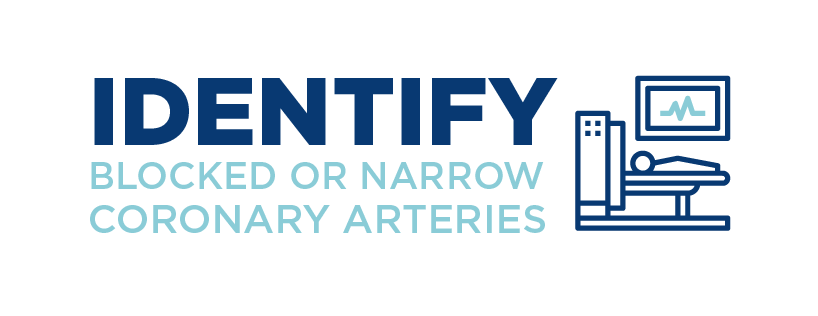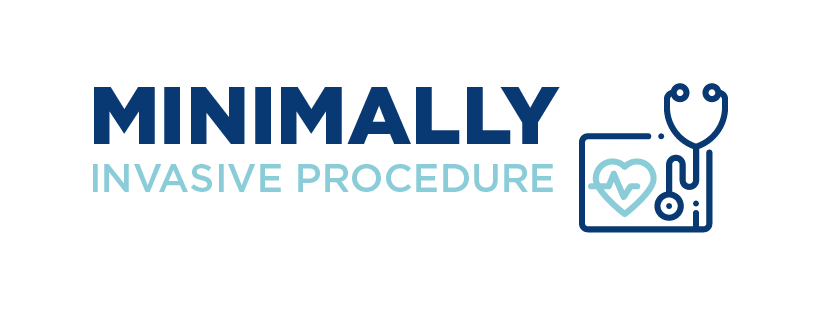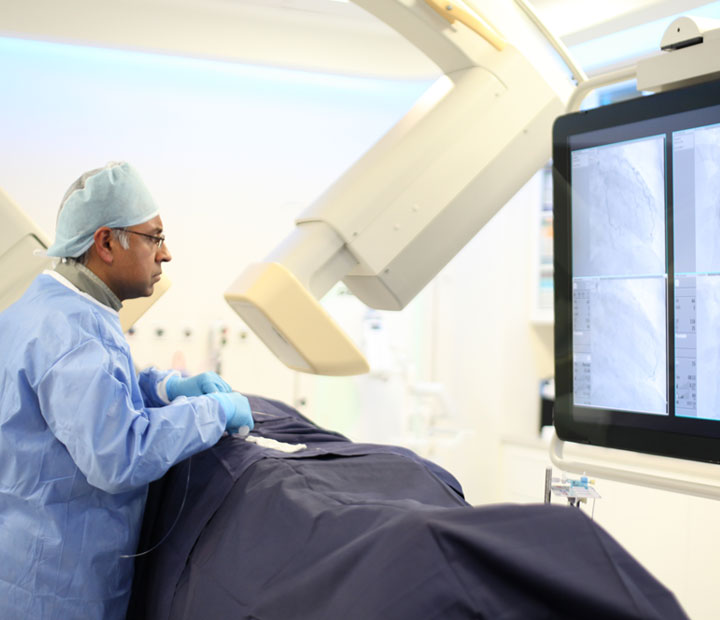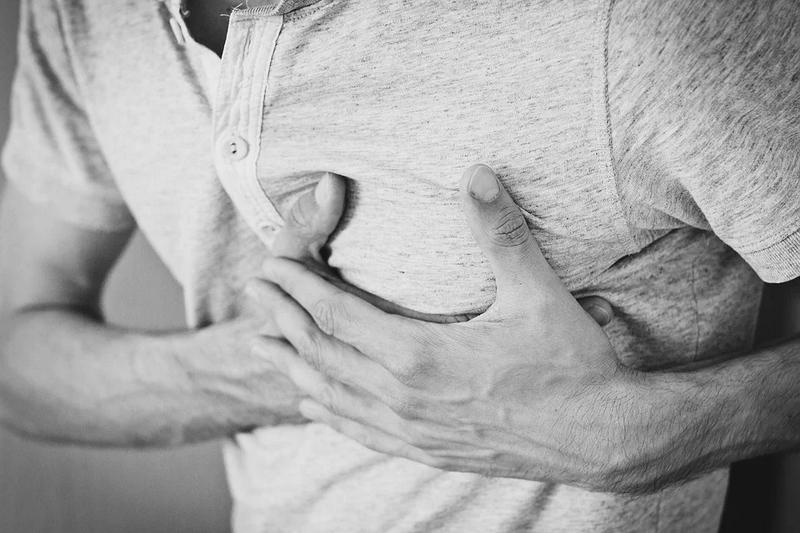CORONARY ANGIOGRAM, ANGIOGRAPHY & STENTING

Coronary angiogram x-ray imaging shows if you have sufficient supply of blood and oxygen to the heart muscle.

The procedure requires you to be fasted for at least six hours and can be done as a day case.

A coronary angiogram uses X-ray imaging for doctors to visualize the coronary arteries, which supply blood and oxygen to the heart muscle. Through this minimally invasive procedure, doctors can see if the arteries are blocked or narrowed, as well as the extent of the problem.
Coronary Angiography
Right Heart Catheter Study
Percutaneous Coronary Angioplasty
IVUS & Pressure Wire Study
The procedure can be done from the wrist (radial artery) or the leg (femoral artery), and usually takes 10-20 minutes.



